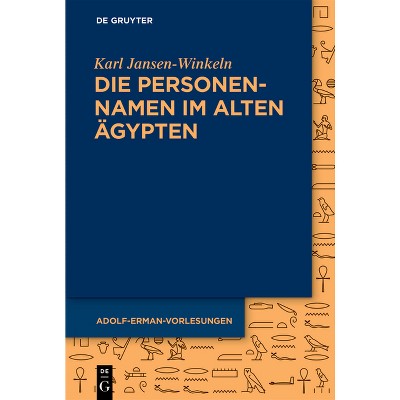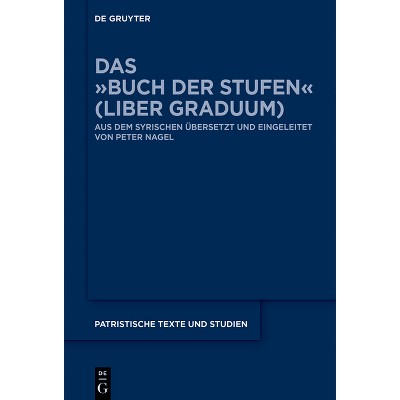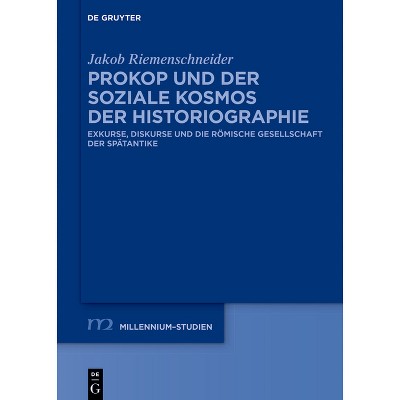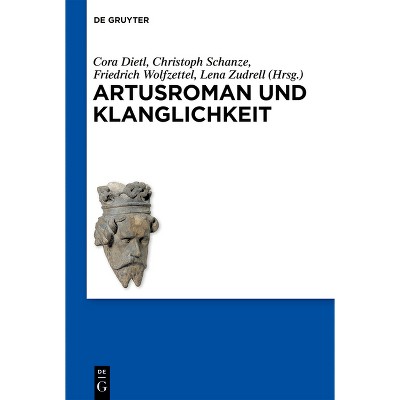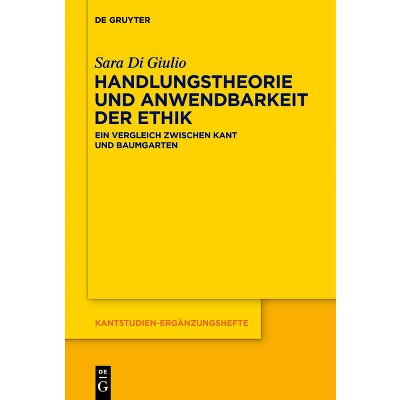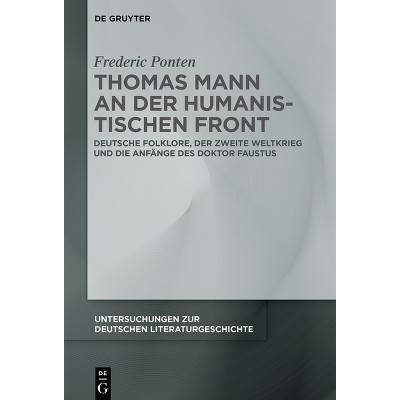Sponsored

The Book of Leviticus from the Gözleve Bible - (Studien Zur Sprache, Geschichte Und Kultur der Turkvölker) by Murat Iş & ı & k (Hardcover)
In Stock
Sponsored
About this item
Highlights
- The status of Crimean Karaim, an extinct eastern dialect of Karaim, has long been a subject of debate among scholars.
- About the Author: Murat Işık, University of Szeged, Hungary.
- 308 Pages
- Religion + Beliefs, Islam
- Series Name: Studien Zur Sprache, Geschichte Und Kultur der Turkvölker
Description
About the Book
This volume offers a linguistic analysis of the Book of Leviticus from the so-called Gözleve Bible (1841), a printed Crimean Karaim Bible translation penned in Hebrew script. Crimean Karaim, and thus the language of this edition, displays mixed chaBook Synopsis
The status of Crimean Karaim, an extinct eastern dialect of Karaim, has long been a subject of debate among scholars. Some have labeled it a "ghost dialect," while others argue it assimilated into Crimean Tatar over time. The oldest written records of this dialect predominantly appear in Bible translations. The language of the corpus in this volume, specifically the Book of Leviticus from the so-called Gözleve Bible printed in 1841, is also identified as Crimean Karaim. Past research primarily analyzed the edition based on short fragments, often describing it as showing signs of Tatarization, and sometimes as being created based on Western Karaim manuscripts.
This volume offers a comprehensive examination of the linguistic features of an understudied biblical book from this translation to address these claims, providing a transcription, translation, and a facsimile of the original text. The linguistic examinations, delving into phonology, morphology, morphophonology, syntax, morphosyntax, and lexicon, suggest that while the translation embodies the oldest traditions of Karaim Bible translations, it also reflects specific linguistic trends of its time, illustrating the nature of a mixed variant of Crimean Karaim.
About the Author
Murat Işık, University of Szeged, Hungary.
Shipping details
Return details
Trending Non-Fiction






